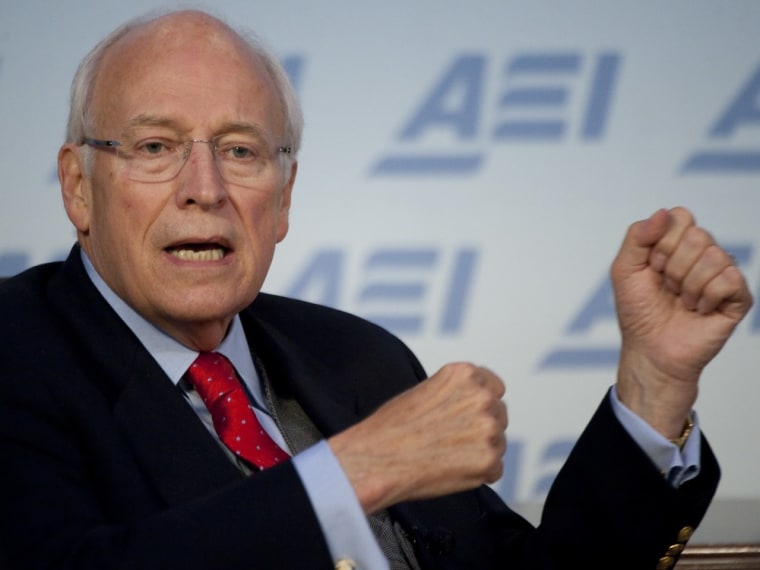In a unanimous decision the Supreme Court ruled Monday against a man who criticized and touched Vice President Dick Cheney while he was visiting a Beaver Creek, Colo., shopping mall in 2006.
On June 16, 2006, when Cheney visited the mall, accompanied by a Secret Service contingent, he was spotted by a man named Steven Howards.

A Secret Service agent overheard Howards saying during a cell phone conversation, “I’m going to ask (Cheney) how many kids he’s killed today.”
Howards then went over to Cheney and told him that his “policies in Iraq are disgusting.”
Cheney thanked Howards and moved on, but Howards patted Cheney’s shoulder as he was leaving – although some witnesses called it “a forceful push.”
A Secret Service agent questioned Howards – which led to his arrest and the filing of state harassment charges against Howards which were later dismissed.
But Howards sued the Secret Service agents, Gus Reichle and Dan Doyle, arguing that they had arrested him in retaliation for his exercise of his First Amendment rights by speaking to Cheney.
The agents did have probable cause to arrest Howards and the justices said in their decision Monday that “at the time of Howards’ arrest, it was not clearly established that an arrest supported by probable cause could violate the First Amendment.”
The court said it “has never recognized a First Amendment right to be free from a retaliatory arrest that is supported by probable cause” and ruled that the agents had immunity from being sued by Howards.
In her concurring opinion, Justice Ruth Bader Ginsburg said, “Whatever the views of Secret Service Agents Reichle and Doyle on the administration’s policies in Iraq, they were duty bound to take the content of Howards’ statements into account in determining whether he posed an immediate threat to the Vice President’s physical security. Retaliatory animus cannot be inferred from the assessment they made in that regard. If rational, that assessment should not expose them to claims for civil damages.”